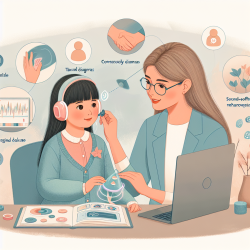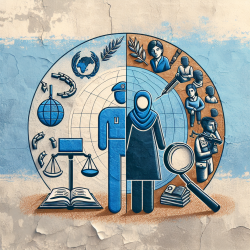Understanding Barriers and Enablers to Healthcare Access for PWID
In Durban, South Africa, a recent study highlighted the significant challenges faced by people who inject drugs (PWID) in accessing essential health services. The study, conducted through in-depth interviews with stakeholders and PWID, revealed systemic barriers such as stigma, discrimination, and long waiting times at healthcare facilities. These barriers often deter PWID from seeking necessary medical care, exacerbating their health risks.
Data-Driven Insights for Practitioners
For practitioners, understanding these barriers is crucial in developing strategies to improve healthcare access for PWID. The study suggests that targeted, non-discriminatory services and mobile clinics can significantly enhance healthcare delivery. By integrating services under one roof and fostering collaboration between public and private sectors, healthcare providers can create a more inclusive and efficient system.
Implementing Harm Reduction Strategies
The research emphasizes the importance of harm reduction strategies, such as needle exchange programs and methadone maintenance therapy. These programs have shown promise in reducing the risks associated with drug use and improving health outcomes for PWID. Practitioners are encouraged to advocate for the expansion of these services and to educate themselves on the benefits of harm reduction.
Encouraging Further Research
While the study provides valuable insights, it also highlights the need for further research. Practitioners are encouraged to explore additional data on the healthcare needs of PWID, particularly in areas such as sexual and reproductive health services. By contributing to a growing body of evidence, practitioners can help shape policies and programs that better serve this vulnerable population.
Conclusion
Improving healthcare access for PWID in Durban requires a multifaceted approach that addresses systemic barriers and promotes harm reduction. Practitioners play a vital role in this process by implementing data-driven strategies and advocating for comprehensive, integrated services. To read the original research paper, please follow this link: Access to and acceptability of sexual and reproductive health, harm reduction and other essential health services among people who inject drugs in Durban, South Africa.










